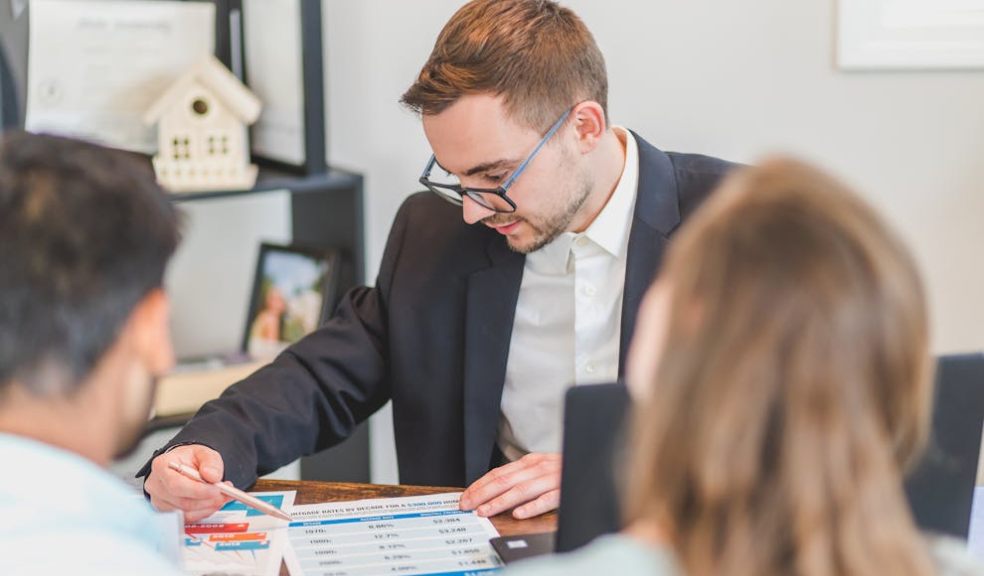
Essential tips for first-time buyers to get on the property ladder
Are you thinking of buying your first home? Whether you’ve rented for a while and you’re ready to consider this next step or you’ve been at your parents’ house and want to take the leap into home ownership, there are some key considerations to be aware of.
Here, we take a look at some key points to follow in order to get on the property ladder.
Looking after your finances
Before you start searching for properties and mortgages for your first home, it’s vital that you have worked out how much money you’ll need to make the move. You’ll need a deposit of at least 10% of the cost of the home you want to buy[AB1] . It’s worth having a target price in mind for the apartment or house you’re thinking of buying so that you know how much you need to save.
For instance, if you want to buy a property for £200,000, a 10% deposit is £20,000. So, you’d need to aim to save that much in order to get a property for the price you want it for. If it’s possible to save 15%, you’re in an even better position.
Other costs
In addition to a deposit, you’ll need to be able to afford your mortgage. A mortgage affordability calculator can tell you if you’re able to meet the repayments based on your current financial setup. There is also the initial mortgage arrangement and valuation fees that come with a house purchase.
Other costs that come with buying a house include:
- The survey: this is when a professional surveyor checks the house over before you buy it to see if there’s any damage that needs addressing or any other updates and repairs that you need to consider. This includes things like flagging damp, issues with joists, or the need for a new roof.
- Solicitor or conveyancer fees: A house purchase must meet the legal requirements and there’s a formal process to go through before the property can be yours.
As part of this, there are often includes extra checks that are needed, such as search and Land Registry, which all come with additional fees. Your conveyancer or solicitor will talk you through these fees and it’s possible to check against a conveyancer calculator.
- Buildings insurance: If you have a mortgage, you’ll usually need to take out buildings insurance.
- House move costs: You might need to hire a van to move your belongings into the property. You might want to hire professionals to help. Also, you might have to budget for clearing out and cleaning up your new home, depending on how the previous owners leave it.
As well as these costs, you might want to save now for decorating and adding furniture to your new home. However, a full update to the décor can always wait until you’ve settled in and you know what you have in mind.
Ways to save
So, ahead of house hunting, take the time now to work out a savings plan. There are different ways to save money, from checking you’re on the most cost-effective insurance policy to switching to a different supermarket.
Also, budget carefully. Check your income and outgoings over the last six months and see where there are opportunities to save. From there, you can set limits for the amount you want to spend each month and establish how much you can set aside for your savings.
By getting your finances in order, you’re in a good position to begin browsing the property listings.
Be aware of the market
As a first-time buyer, it’s understandable that you want this property to be a brilliant move for you. To make sure you’re getting the most out of your move, timing is key. For instance, property prices are set to fall this year, so you could be in a good position as a buyer. But it’s worth looking at what type of mortgages are available for your budget before you make any major moves.
Take the time to work out what type of property you want and ensure you have enough saved for a move. Once you’re in a good position, you’ll be able to start researching your dream home.
[AB1]95% mortgages are available but they come at a high interest rate. Might be better to stick with 10% deposits?













